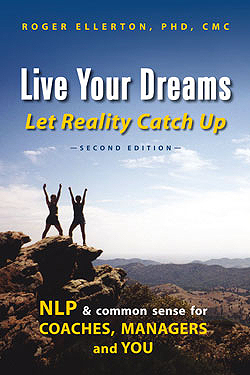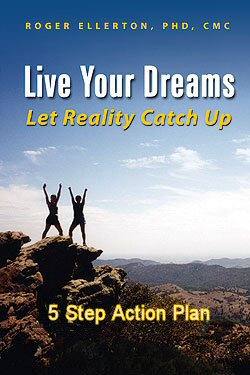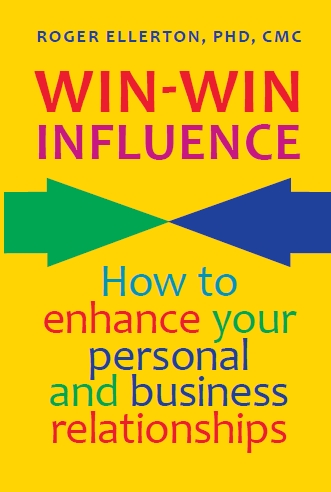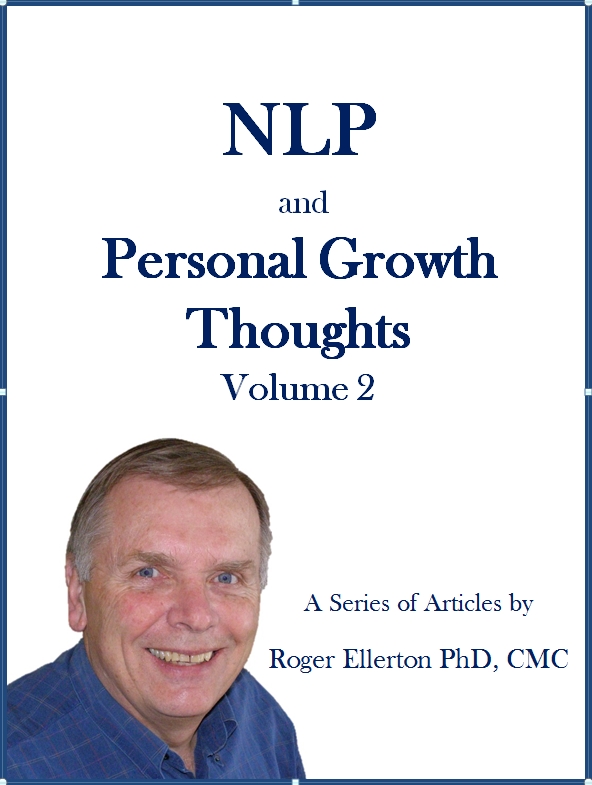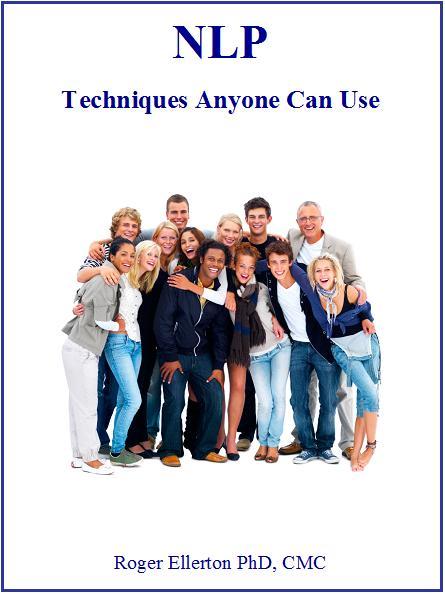If you believe you can or can't, you're right
By Roger Ellerton Phd, ISP, CMC, Renewal Technologies Inc.
This article may not be republished without written permission from Roger Ellerton/Renewal Technologies Inc. If you republish this article without permission, you will be in violation of copyright law and sent an invoice. You may share this and other pages with your friends by linking directly to this page from your website or blog.
Beliefs are views, guiding principles, judgments and decisions about yourself, your family, your community and how the world functions. Your beliefs filter what you see, hear and feel in the world around you and as a result determine the meaning you associate with an event. Beliefs act as self-fulfilling prophecies. Your beliefs, whether they are limiting or empowering, determine your actions, which in turn verify your beliefs to be true. Over time, as you generate more evidence, your beliefs become increasingly entrenched and more real.
Beliefs operate at the deep structure level and influence the surface structure of your thoughts and behaviors. While you are aware of many of your beliefs, in general, your most influential beliefs operate outside of your conscious awareness. There are some beliefs that you view as absolute truths and never question - "that's just the way the world is!"
A change in your beliefs can have a major impact on how you live your life and the behaviors you manifest. In their book NLP and Health (Thorsons, 1996), Ian McDermott and Joseph O'Connor illustrate the power of beliefs with numerous references to medical cases. For example, in a typical clinical situation, about 35 percent of all cases receive as much pain relief from a placebo as from morphine - simply because the recipients believe it will work.
Beliefs hold in place the boundaries of your reality - what is and isn't possible. Once you believe in something, you tend to ignore counterexamples and accept only those situations that reinforce your belief. Beliefs and related stories create an imaginary boundary that limits you while giving you the illusion of safety and comfort. And until you push past this imaginary boundary you're not able to see it for the illusion it really is. What beliefs are you helping your children create that will determine how they will live their lives?
Believe and act as if it were impossible to fail.
Charles F. Kettering
Where do beliefs come from?
Most beliefs originate from childhood. These beliefs are not based on fact; instead, they are based on a perception of events at the time they were formed. Generalizations are made on single traumatic experiences or through trial and error, forming our beliefs. We tend to accept those beliefs that bring pleasure, provide safety or avoid pain. Children respect those who play significant roles in their lives - parents, teachers, religious leaders, older siblings - taking on their beliefs and behaviors and accepting what they are told about themselves or others - "you are incompetent" or "you can achieve whatever you choose."
Many limiting beliefs are established during childhood, and often are based on a misinterpretation of the event, because children do not have all of the resources of an adult nor an awareness of all the facts.
To illustrate how easy it is to establish a core belief, consider how elephants are trained. You often see elephants restrained by only a light rope and stake. Why is it that these massive animals don't just walk away, since they could easily break the rope or pull out the stake? Simply, they have been conditioned to accept that they cannot. If they had the ability to reason, we could say they believe they cannot!
When elephants are young, they are tied up with a very heavy rope and stake that they are unable to budge or break. After many futile attempts, they accept that no matter what they do, they cannot break free. Although not real, this limitation restricts their future mobility, even in the face of danger.
Just as the elephants were trained, what boundaries are you helping your children accept that will limit how they live their lives?
Author: Roger Ellerton is a certified NLP trainer, certified management consultant and the founder and managing partner of Renewal Technologies. The above article is based on his book Live Your Dreams Let Reality Catch Up: NLP and Common Sense for Coaches, Managers and You.
Copyright © 2010 Renewal Technologies Inc. All rights reserved.


